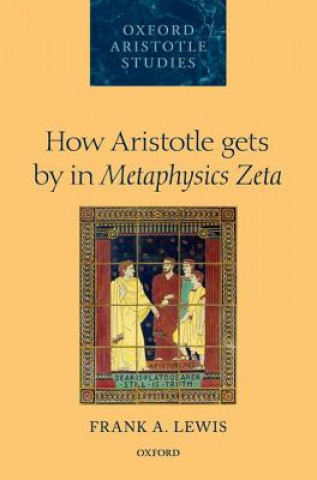
Kod: 02514357
How Aristotle gets by in Metaphysics Zeta
Autor Frank A. Lewis
Frank A. Lewis presents a closely argued exposition of Metaphysics Zeta-one of Aristotle's most dense and controversial texts. It is commonly understood to contain Aristotle's deepest thoughts on the definition of substance and su ... więcej
- Język:
 Angielski
Angielski - Oprawa: Twarda
- Liczba stron: 342
Wydawca: Oxford University Press, 2013
- Więcej informacji o książce

Zobacz książki o podobnej tematyce
-

Hawaii
112.92 zł -

Dealing with This Thing Called Life
53.08 zł -

Future of Rural Communications
103.53 zł -

Hesiod, the Poems and Fragments, Done Into English Prose
154.15 zł -

Counting with UGA
72.42 zł -

Ghost of Cesar Chavez
76.35 zł
Bon podarunkowy: Radość gwarantowana
- Podaruj bon o dowolnej wartości, a my się zajmiemy resztą.
- Bon podarunkowy dotyczy całej naszej oferty.
- Możesz wydrukować elektroniczny bon z e-maila a następnie przekazać go obdarowanemu.
- Ważność bonu wynosi 12 miesięcy od daty wystawienia.
Więcej informacji o How Aristotle gets by in Metaphysics Zeta
Za ten zakup dostaniesz 434 punkty
 Opis
Opis
Frank A. Lewis presents a closely argued exposition of Metaphysics Zeta-one of Aristotle's most dense and controversial texts. It is commonly understood to contain Aristotle's deepest thoughts on the definition of substance and surrounding metaphysical issues. But people have increasingly come to recognize how little Aristotle says in Zeta about his own theory of (Aristotelian) form and matter. Instead, he spends the bulk of the book examining 'received opinions', often as filtered through his own Organon, but including above all the views of Plato, who is at times friend, and at times foe. For much of the time, we are left to reconstruct Aristotle's finished views, subject to the constraint that they survive the critique he directs in Zeta at the philosophical tradition. In this book, Lewis argues that in giving his actual conclusion to Zeta in its final chapter, 17, Aristotle drops his earlier, largely critical engagement with received views, and turns approvingly to his own Posterior Analytics. The result is a causal view of (primary) substance, representing the property of being a (primary) substance (or the substance of a thing) as, in modern dress, the second-order functional property of (Aristotelian) forms, that they be the cause of being for different compound material substances. The property of being the cause of being for a thing is a role property, and it is realized in different forms and the sets of causal powers associated with them, matching the variety of things that have a form as their substance. Meanwhile, the failure of previous attempts at definition in earlier chapters leaves Aristotle's own definition standing as the 'best explanation' for the views proprietary to the theory of form and matter. The point that (Aristotelian) forms are the primary substances is not the main conclusion to Zeta, but rather a result his definition must give, if the definition is to be acceptable.
 Szczegóły książki
Szczegóły książki
Kategoria Książki po angielsku Humanities Philosophy History of Western philosophy
745.35 zł
- Pełny tytuł: How Aristotle gets by in Metaphysics Zeta
- Autor: Frank A. Lewis
- Język:
 Angielski
Angielski - Oprawa: Twarda
- Liczba stron: 342
- EAN: 9780199664016
- ISBN: 0199664013
- ID: 02514357
- Wydawca: Oxford University Press
- Waga: 678 g
- Wymiary: 163 × 233 × 25 mm
- Data wydania: 27. June 2013
Ulubione w innej kategorii
-

Meditations
45.32 zł -14 % -

The Myth of Sisyphus
29.30 zł -4 % -

Why I Am so Clever
15.61 zł -21 % -

Meditations
50.46 zł -26 % -

Republic
57.71 zł -5 % -

Beyond Good and Evil
47.34 zł -23 % -

Gay Science
65.57 zł -4 % -

Aphorisms on Love and Hate
11.17 zł -26 % -

Beyond Good & Evil
61.14 zł -23 % -

Meditations on First Philosophy
47.34 zł -23 % -
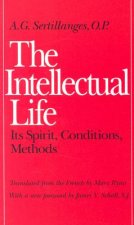
Intellectual Life
97.50 zł -5 % -

Socrates' Defence
15.30 zł -23 % -
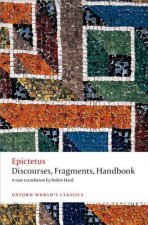
Discourses, Fragments, Handbook
52.37 zł -15 % -

Ride the Tiger
105.76 zł -4 % -

Thus Spoke Zarathustra
47.04 zł -14 % -

Fear and Trembling
47.34 zł -23 % -

Birth of Tragedy
15.30 zł -23 % -
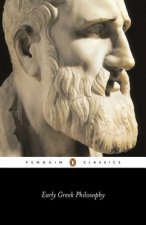
Early Greek Philosophy
61.14 zł -23 % -
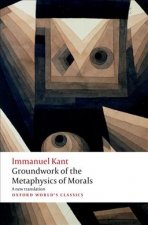
Groundwork for the Metaphysics of Morals
47.34 zł -23 % -
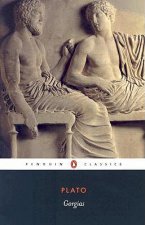
Gorgias
45.62 zł -5 % -
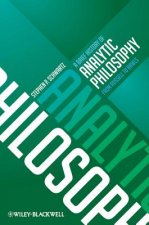
Brief History of Analytic Philosophy - From Russell to Rawls
163.89 zł -3 % -
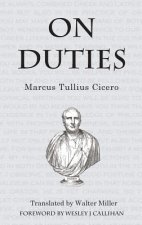
On Duties
57.51 zł -5 % -

Discourses and Selected Writings
52.37 zł -15 % -

Nicomachean Ethics
24.57 zł -23 % -

Nausea
47.34 zł -23 % -

Letters from a Stoic
47.34 zł -23 % -

Meditations
101.84 zł -4 % -

Simulacra and Simulation
86.12 zł -12 % -

Phenomenology of Spirit
93.58 zł -5 % -

Twilight of the Idols with The Antichrist and Ecce Homo
24.57 zł -23 % -

On Liberty, Utilitarianism and Other Essays
38.27 zł -23 % -
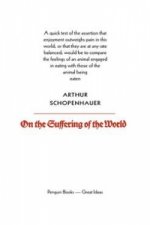
On the Suffering of the World
25.07 zł -26 % -

Human Condition
95.79 zł -4 % -

On the Shortness of Life
38.27 zł -14 % -

Existentialism Is a Humanism
45.52 zł -4 % -

Think
51.87 zł -23 % -
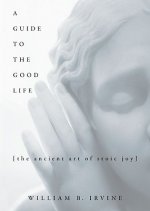
Guide to the Good Life
74.33 zł -9 % -
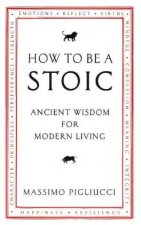
How To Be A Stoic
73.63 zł -15 % -

The Symposium
45.62 zł -5 % -

Human, All Too Human & Beyond Good and Evil
24.57 zł -23 % -

At The Existentialist Cafe
53.18 zł -3 % -

Undiscovered Self
121.58 zł -
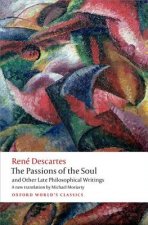
Passions of the Soul and Other Late Philosophical Writings
51.87 zł -23 % -

The Trouble With Being Born
65.57 zł -4 % -

Leviathan
24.57 zł -23 % -

City of God
77.56 zł -5 % -

Ecce Homo
42.70 zł -23 % -
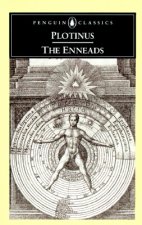
Enneads
70.41 zł -23 % -

On Friendship
33.64 zł -23 %
zadowolonych klientów
Od roku 2008 obsłużyliśmy wielu miłośników książek, ale dla nas każdy był tym wyjątkowym.
Copyright! ©2008-24 libristo.pl Wszelkie prawa zastrzeżonePrywatnieCookies



 21 milionów książek
21 milionów książek Dostawa 10.99 zł
Dostawa 10.99 zł (32) 444 93 66 (8-15.30h)
(32) 444 93 66 (8-15.30h)